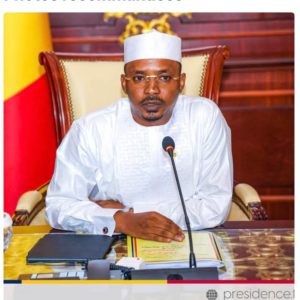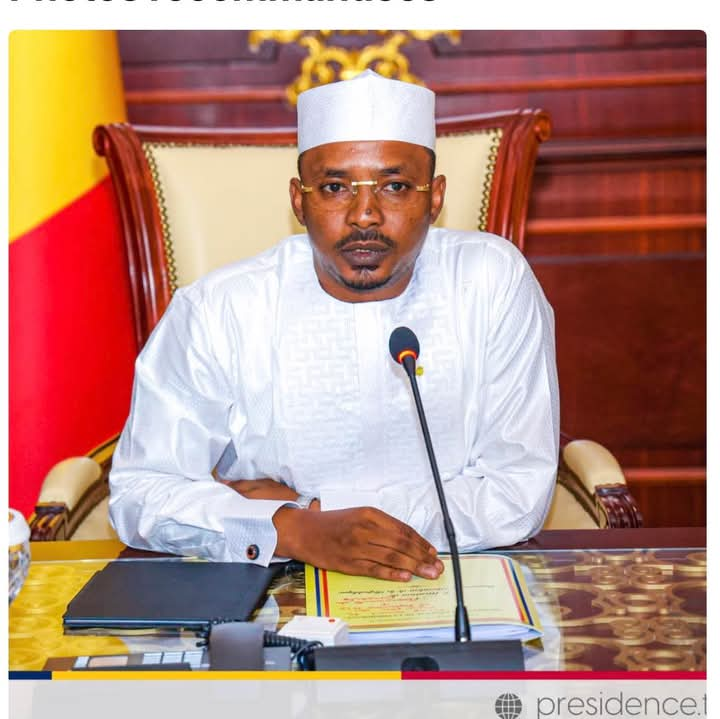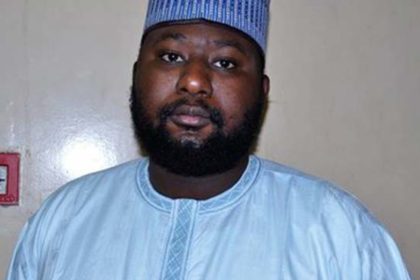
By Adeyemi Adekunle
The Patriotic Salvation Movement (MPS), Chad’s ruling party, has secured a commanding two-thirds majority in the National Assembly following last month’s legislative elections, provisional results reveal. The victory solidifies President Mahamat Idriss Deby’s grip on power amidst ongoing domestic challenges and shifting regional alliances.
The National Independent Electoral Commission announced Sunday that the MPS clinched 124 of the 188 parliamentary seats, with voter turnout recorded at 51.56%. The elections, held on December 29, marked Chad’s first parliamentary and regional elections in over a decade, a pivotal step in the country’s transition to constitutional rule since Deby assumed leadership in 2021.
This decisive victory cements Deby’s authority three years after he declared himself interim leader following the sudden death of his father, Idriss Deby Itno, a long-standing ruler who was killed on the battlefield during a rebel offensive. However, the election has drawn sharp criticism from opposition groups and cast a shadow over its credibility.
Key opposition parties, including Succes Masra’s Transformateurs, boycotted the elections, alleging widespread irregularities and a lack of transparency. Masra’s party, alongside other opposition factions, accused the ruling government of skewing the electoral process to consolidate power. The government has denied these claims, dismissing the allegations as unfounded.
Critics argue that the boycott and electoral skepticism leave Chad’s democracy at a crossroads. “The exclusion of significant political voices undermines the legitimacy of the results,” said a political analyst based in N’Djamena. “It risks alienating a large portion of the population at a time when inclusivity is essential for stability.”
The December elections were not limited to parliamentary seats; municipal and regional councils were also contested, reflecting an attempt to restore constitutional governance. Yet, many remain skeptical of the process’s integrity given the government’s tight grip on power and the absence of key opposition figures.
Beyond domestic politics, Chad’s shifting international stance has also captured attention. Once a central figure in France’s counterterrorism operations in the Sahel region, Chad recently ended its defense cooperation agreement with its former colonial power. The severing of ties mirrors similar moves by Mali, Niger, and Burkina Faso, where French influence has waned following a series of coups. The shift has fueled speculation about Chad’s future alliances, particularly with Russia expanding its influence in Africa through security agreements and economic partnerships.
The regional volatility further compounds Chad’s challenges as it navigates internal security concerns. Earlier this week, government forces thwarted an attack on the presidency, which officials described as a “destabilization attempt.” The incident underscores the precariousness of Chad’s political landscape and the ongoing threats to Deby’s administration.
Despite these hurdles, Deby has framed the elections as a milestone in Chad’s transition to stability. However, his leadership remains contentious, given his controversial victory in the May 2024 presidential election, which opposition leaders decried as fraudulent. For many observers, the concentration of power within the ruling party highlights the uphill battle for a truly democratic Chad.
Chad, an oil-rich nation with strategic significance in the Sahel, remains pivotal in the region’s fight against Islamic insurgencies. The country’s geopolitical decisions and internal policies will likely influence broader dynamics, including the fight against militant groups and the growing influence of non-Western powers in Africa.
As the ruling MPS moves to consolidate its legislative majority, calls for dialogue and inclusivity have grown louder. “Without meaningful engagement with opposition groups and civil society, Chad risks deeper divisions and potential instability,” warned a local rights advocate.
For now, Chad stands at a crossroads, with its electoral outcome reinforcing the president’s authority but raising critical questions about the long-term implications for its democracy and regional role.




